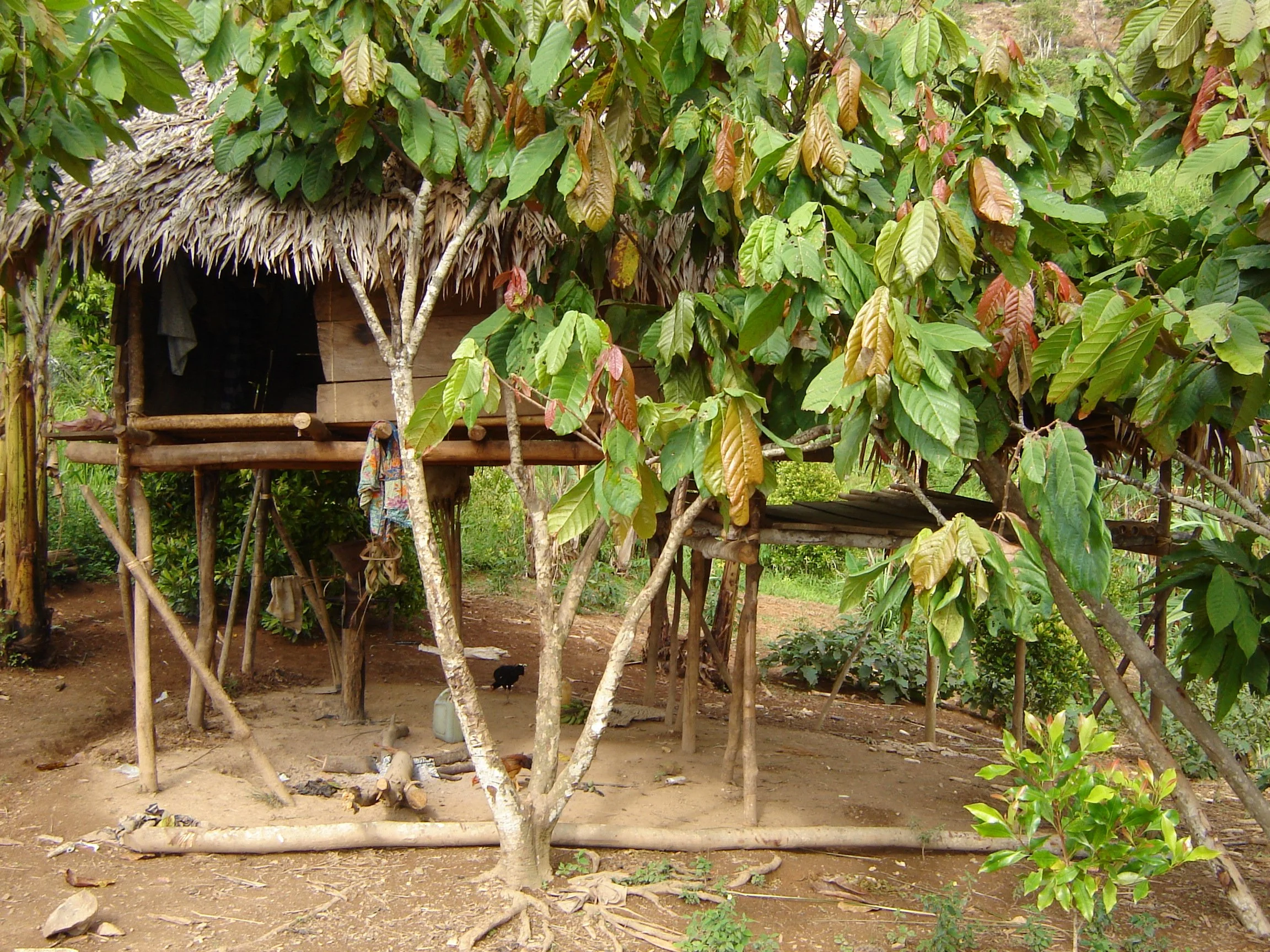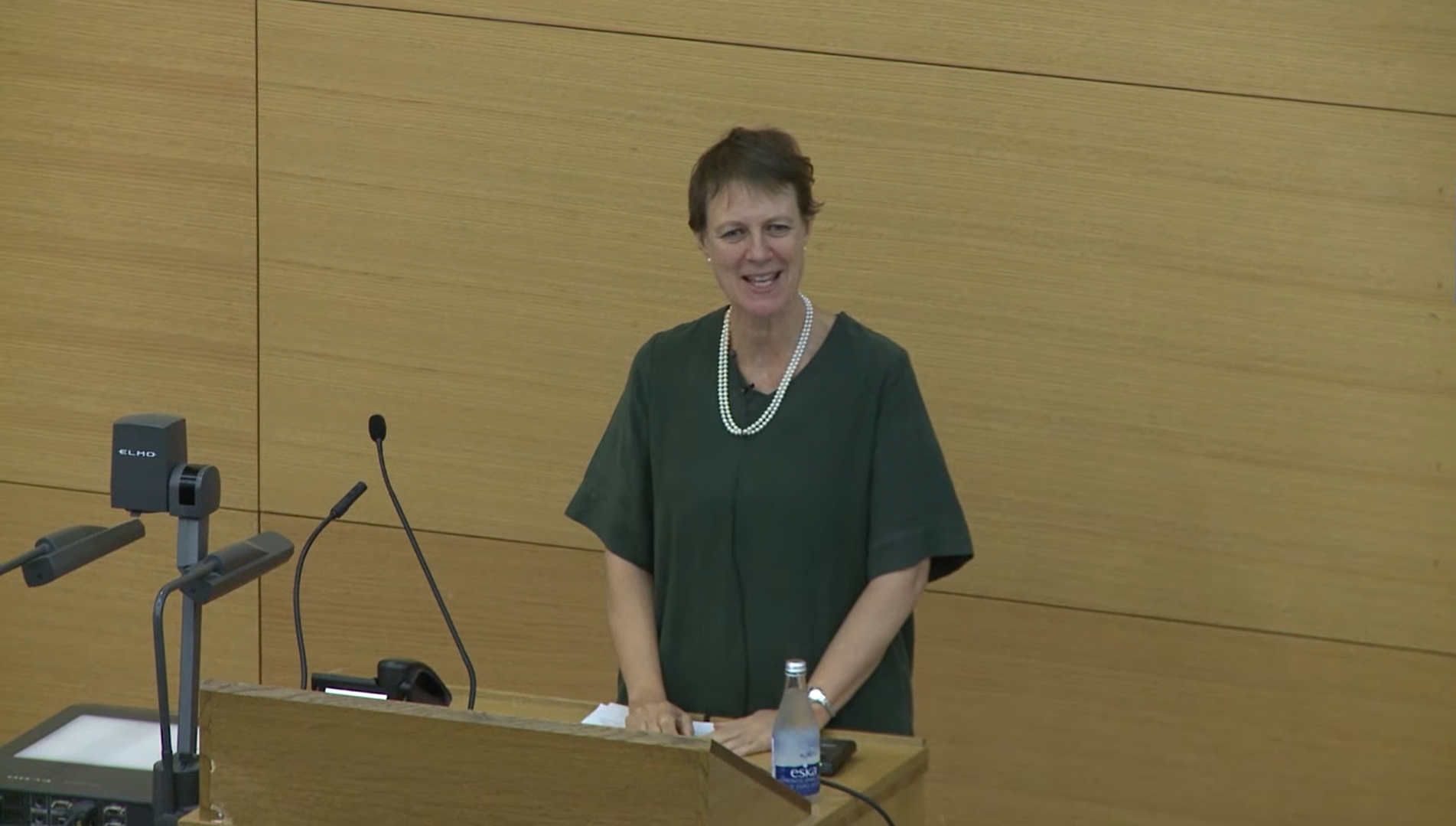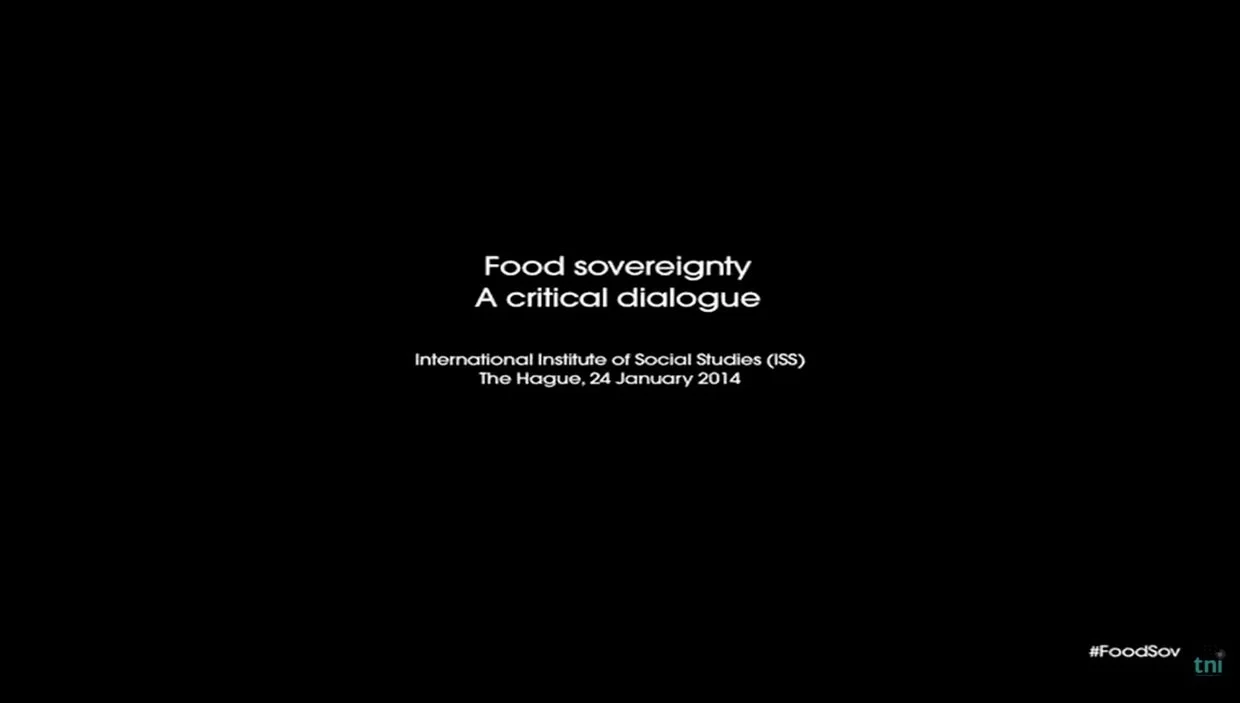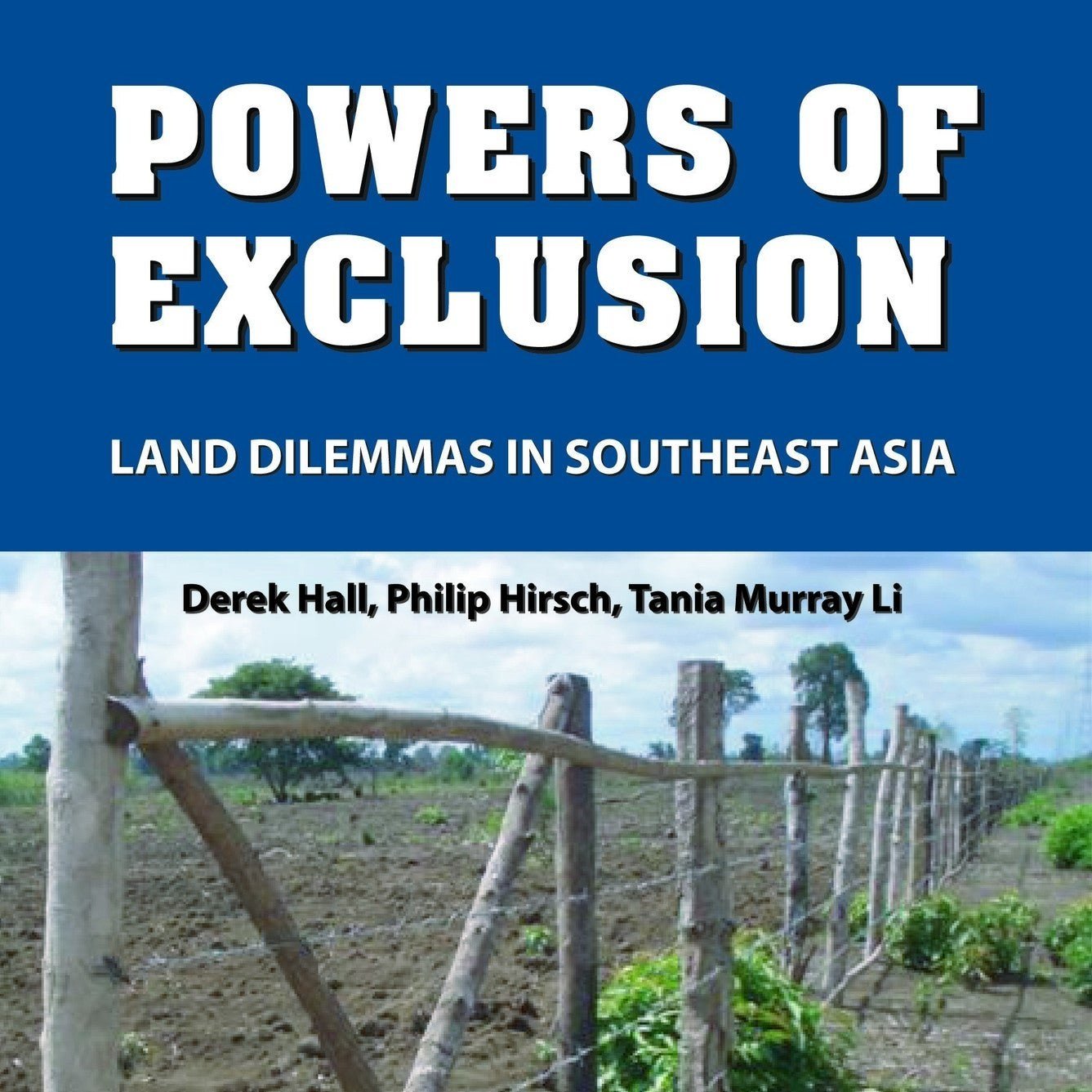
Indigeneity & Capitalism
Indigeneity and the constitution of capitalist relations
This theme is explored most intensively in Land’s End, where I examine why indigenous upland farmers moved from common access to customary land to exclusive, individual ownership and the emergence of landlessness in a period of just 16 years (1990-2006). The process was very intimate, as close kin and neighbours excluded each other from access to land by planting tree crops, and soon thereafter began to treat land as a commodity that could be bought, sold and accumulated. I was able to track how highlanders managed this transformation culturally, the idioms the new landowners used to justify their own advance, and the response of newly landless highlanders to their often desperate situation. De facto proletarians under conditions where there was little demand for their labour either on or off farm, their prospects were bleak.
Contra expectations that could be generated by readings of Polanyi, or by studies of “shared poverty” (Geertz) or “moral economies” (Scott), or by some of the advocacy literature promoting indigenous alternatives or the “peasant way,” I found that the landless did not dispute the legitimacy of the market processes through which they had become dispossessed, nor did they call for a return to previous, more inclusive principles of land access based on criteria of descent, residence and need. They still hoped to benefit from the boom crop that had brought new wealth to the hills. These observations led me to the conclusion that concepts of village, community, or household that assume solidarity are unhelpful points of entry for understanding contemporary agrarian relations, as they carry too much ideological freight. Shorn of assumptions about the “Asian village” – or family – or indigenous community – I could reopen a series of fundamental ethnographic questions: what specific sets of social relations enable or disallow a decent life for my interlocutors, and how are those relations formed, sustained, and altered? More specifically, a) under what conditions do indigenous smallholders abandon food production, crop diversity and other strategies previously used to minimize risk, in order to concentrate on commodities that promise high returns? b) when do households, kingroups and communities mobilize to provide protection for their members, and when do relations of mutual security or patronage attenuate, leaving individuals exposed? c) what is the fate of people who exit from the rural economy with very limited social networks, and minimal assets?
Featured Work
2020. The Asia Pacific Journal of Anthropology, 21(1), 77-84.
2007. Jamie Davidson and David Henley (Eds.) The Revival of Tradition in Indonesian Politics: The Deployment of Adat from Colonialism to Indigenism. London: Routledge, pp 337-370.
Interview: Land's End book and Food Sovereignty. Conversation with Boaventura Monjane.
Multimedia
2019. Last Born in The Wilderness.
2018. New Books in Anthropology.
2017. Conversation with Boaventura Monjane.
2017. American Association of Geographers Conference.
2016. Albert Berry Lecture Series, University of Toronto Scarborough.
2015. Department of Anthropology, University of Toronto.
2015. Interview with Tania Li about Land’s End by Lukas Ley (Part 2).
2015. Interview with Tania Li about Land’s End by Lukas Ley (Part 1).
Books
Drawing on two decades of ethnographic research in Sulawesi, Indonesia, Tania Murray Li offers an intimate account of the emergence of capitalist relations among indigenous highlanders who privatized their common land to plant a boom crop, cacao.
Powers of Exclusion draws on insights from multiple disciplines to map out the new contours of struggles for land in Southeast Asia. The volume provides a framework for analyzing the dilemmas of land relations across the Global South and beyond.
Selected Articles and Book Chapters
2023. The Journal of Peasant Studies. VOL. 50, NO. 2, 519–538
2023. Annals of the American Association of Geographers. 0(0) 2023, pp. 1–5.
2021. The Journal of Peasant Studies 48(3):613-639
2020. The Asia Pacific Journal of Anthropology, 21(1), 77-84.
2014. Journal of Peasant Studies, 42 (1): 205-11.
2014. Foucault Studies, 18: 34-48.
2014. Journal of the Royal Anthropological Institute, NS: 20:276-292.
2010. Current Anthropology 51(3): 385-414.
2008. Leo Panitch and Colin Leys (Eds.) 2009 Socialist Register VIOLENCE TODAY: Actually existing barbarism Pontypool: Merlin Press, pp163-180.
2007. Jamie Davidson and David Henley (Eds.) The Revival of Tradition in Indonesian Politics: The Deployment of Adat from Colonialism to Indigenism. London: Routledge, pp 337-370.
2003. Economic and Political Weekly 38(48):5120-5128.
2002. International Journal of Social Science 173: 361-371.
2002. Development and Change 33(3): 415-437.
2002. World Development 30(2):265-283.
2001. Modern Asian Studies 35(3): 645-676.
2001. Journal of Asian Studies 60(1): 41-66.
2000. Comparative Studies in Society and History 42(1): 149-179.
1999. Robert Hefner (Ed.) Market Cultures: Society and Morality in the New Asian Capitalisms. Westview Press. Pp. 147-172.
1998. American Ethnologist 25(4): 675-694.
1996. Development and Change 27(3): 501-527.
1996. Sojourn 11(2): 259-87.
Policy and Advocacy
2024. Kin City. Berliner Gazette.
2017. Critical Asian Studies, 49(2), 257-267.
1993. Guelph: School of Rural Development and Planning. 41 pp.
1993. Guelph: School of Rural Development and Planning. 53 pp.
1991. Halifax: School for Resource and Environmental Studies, Dalhousie University. 112 pp.













